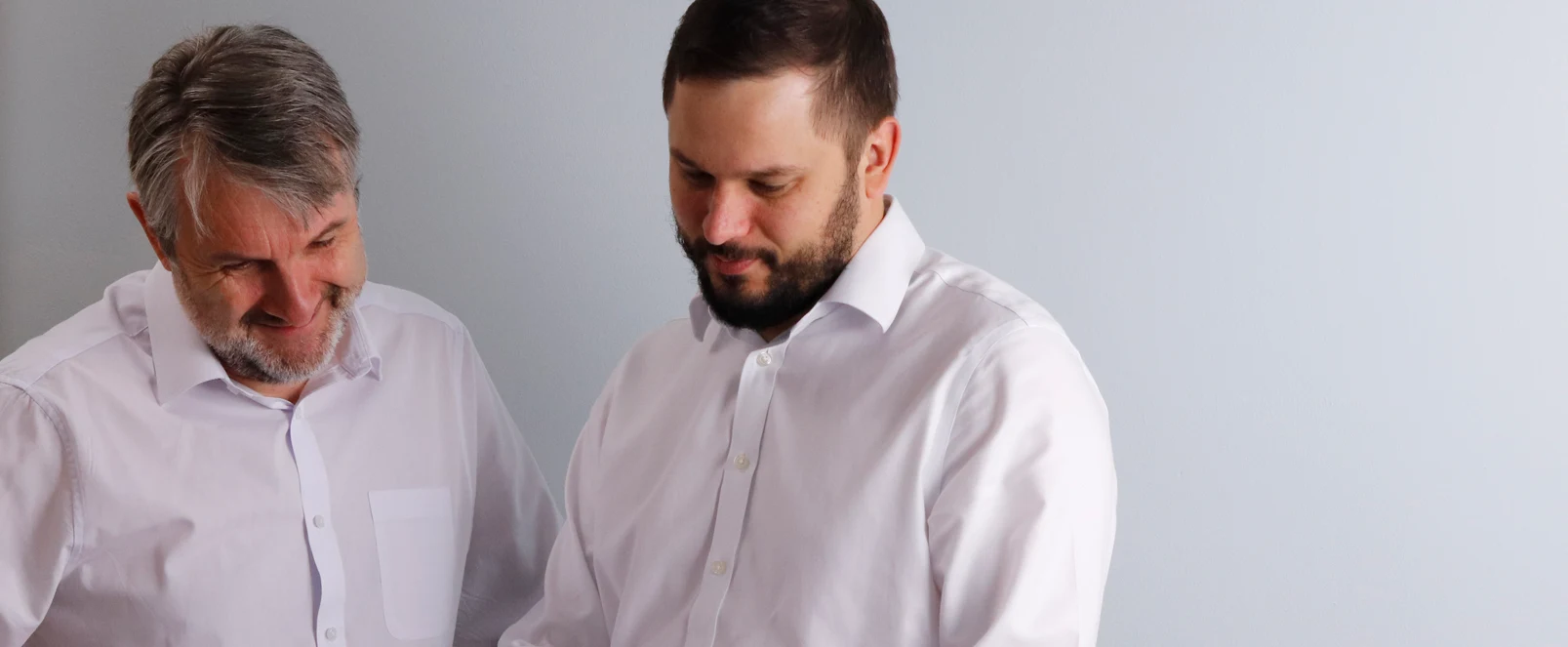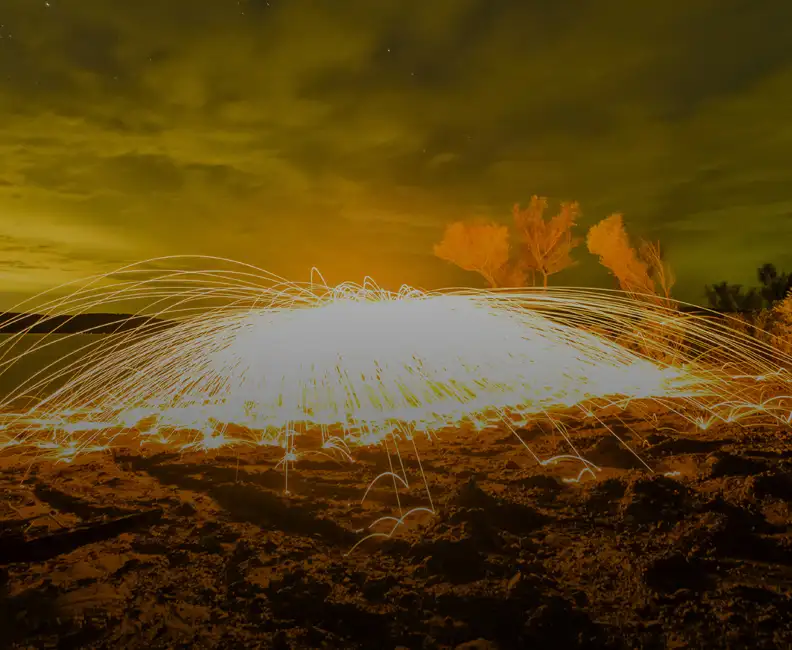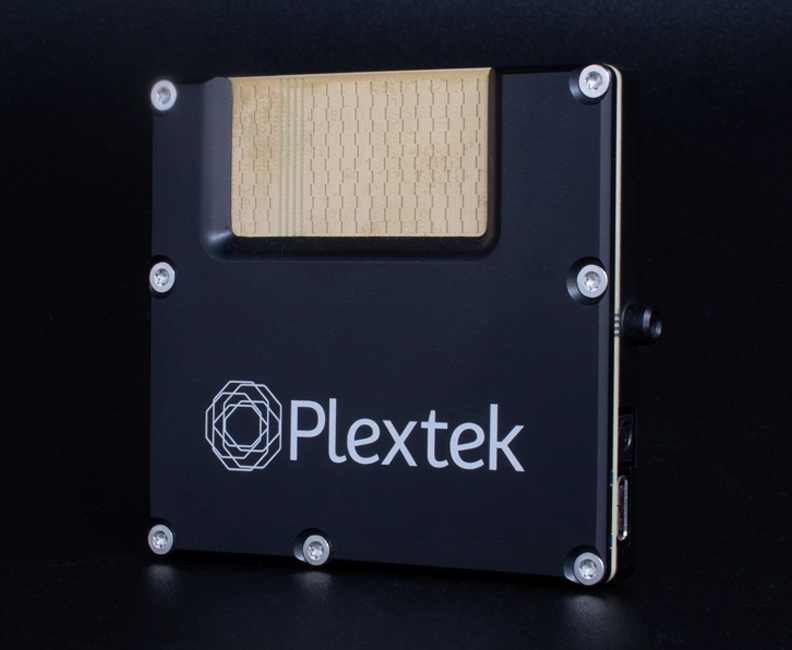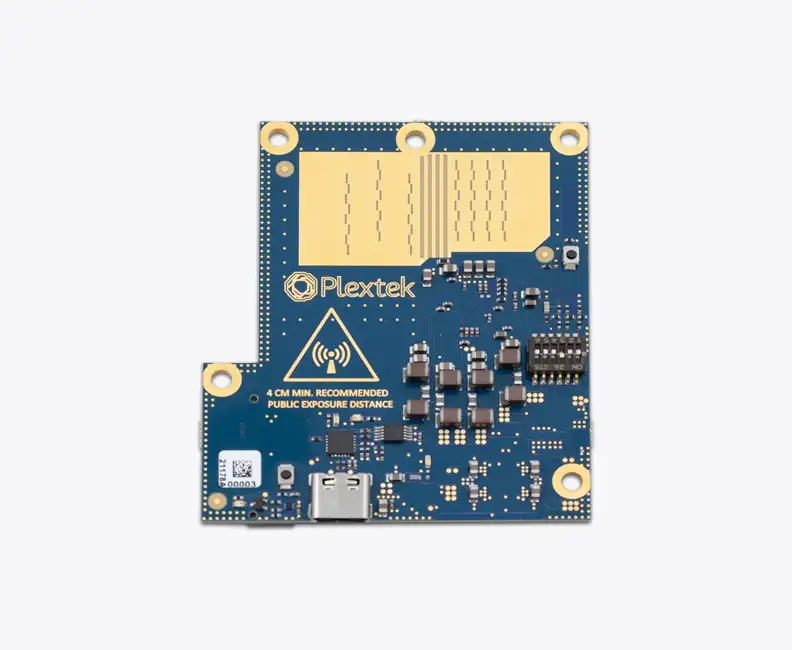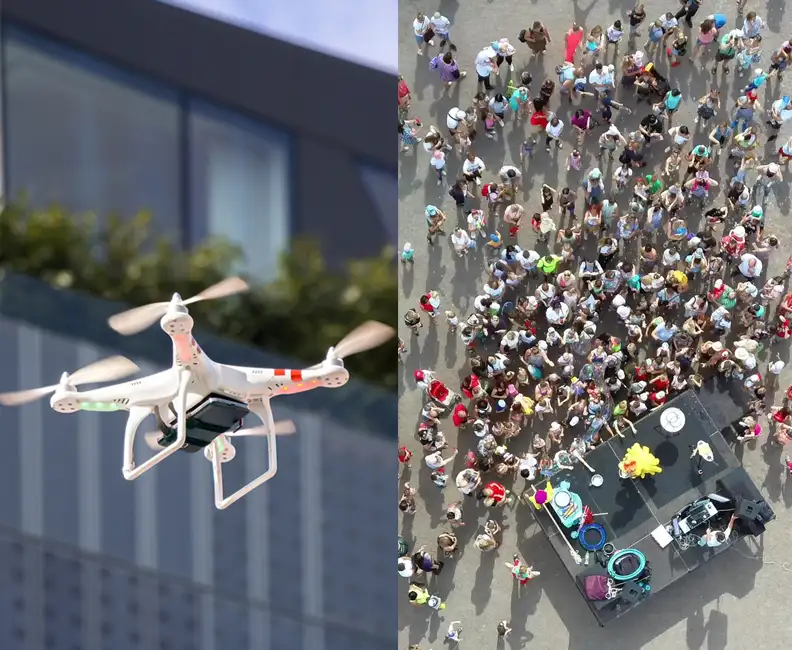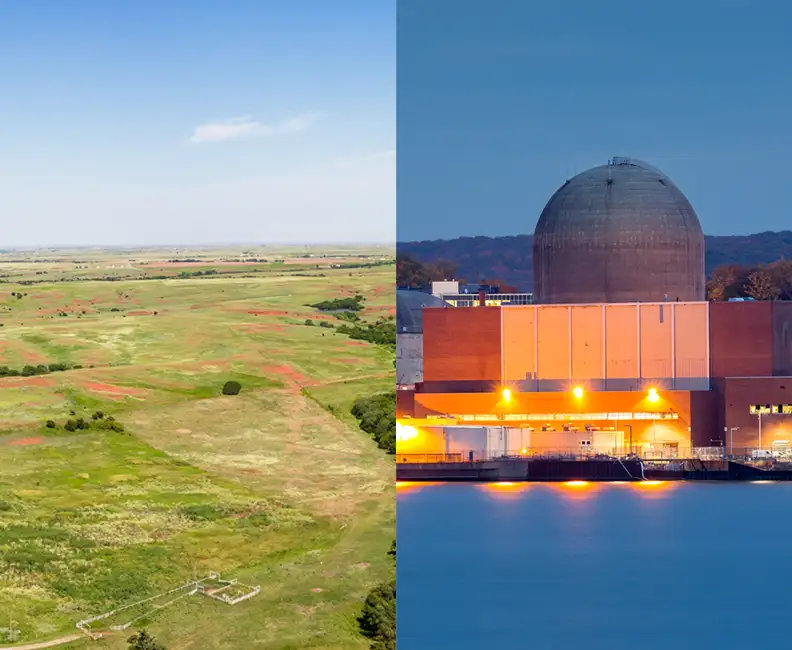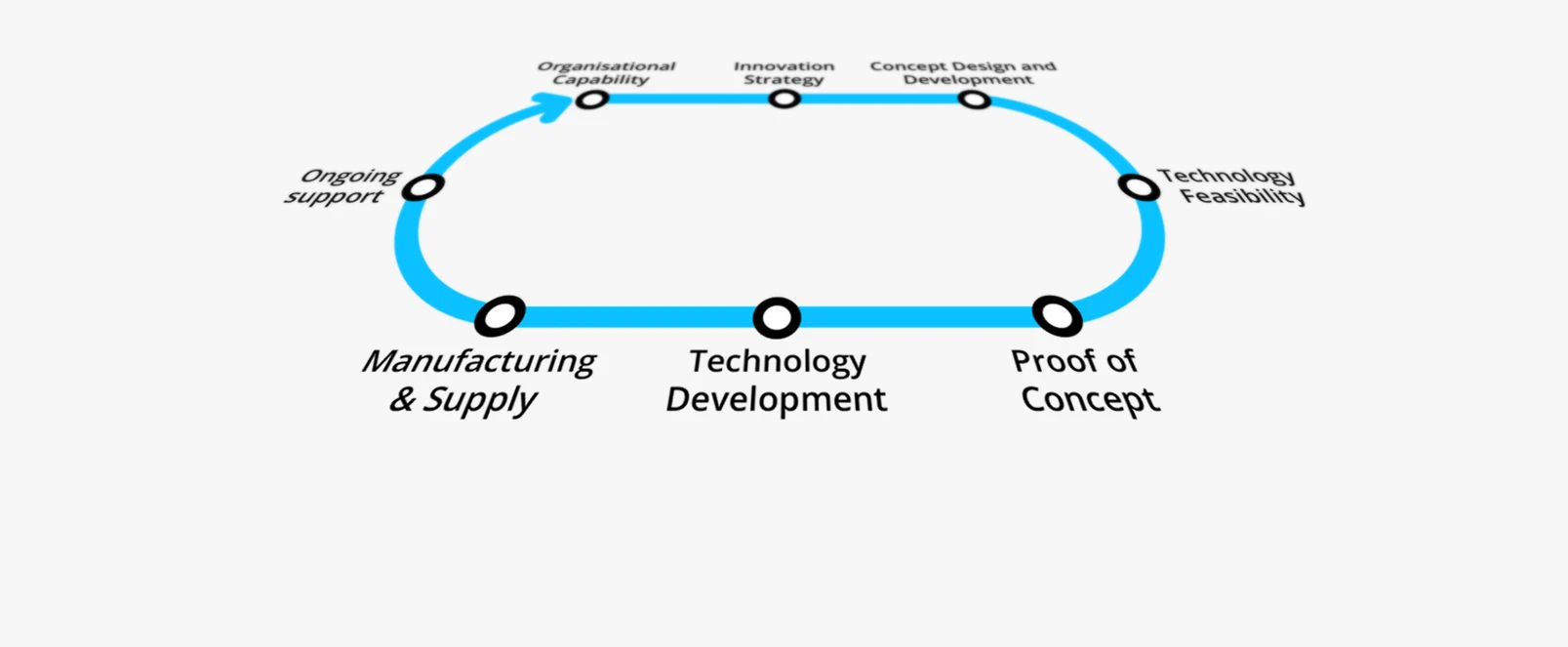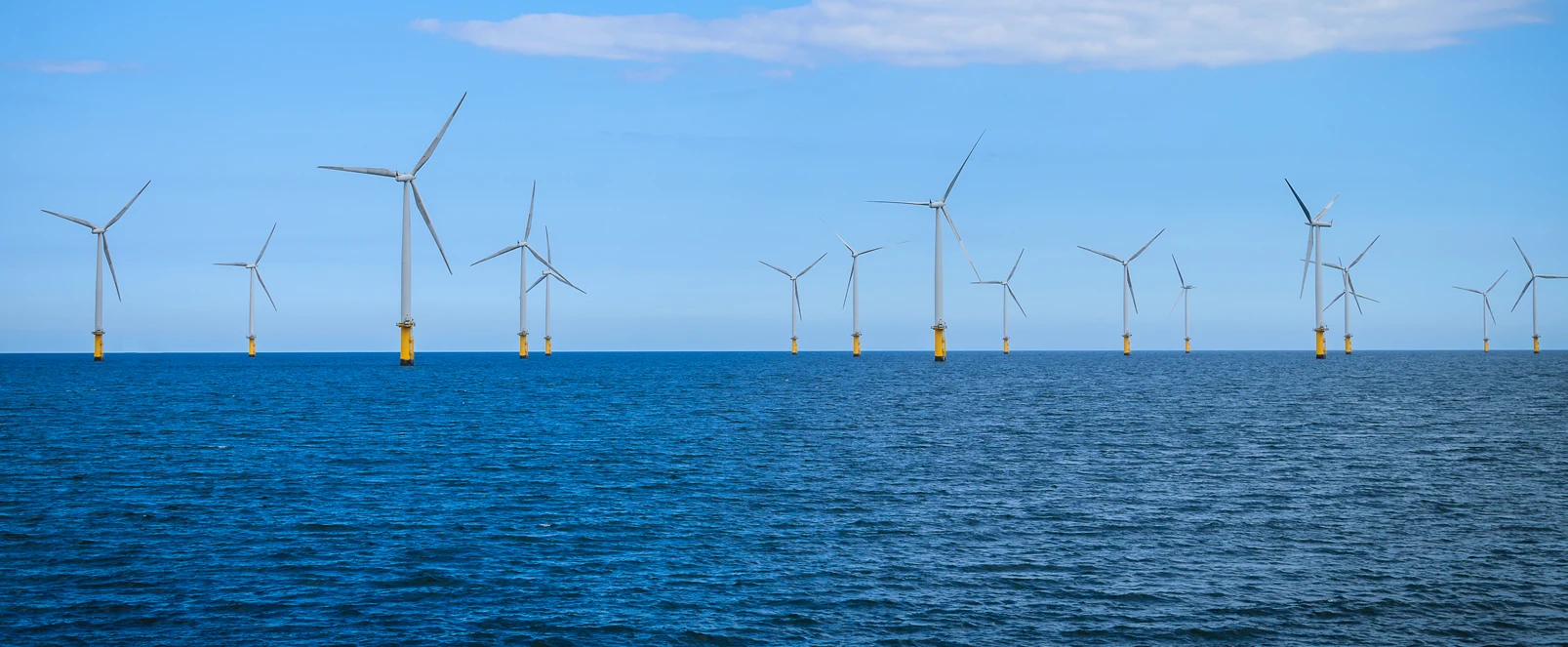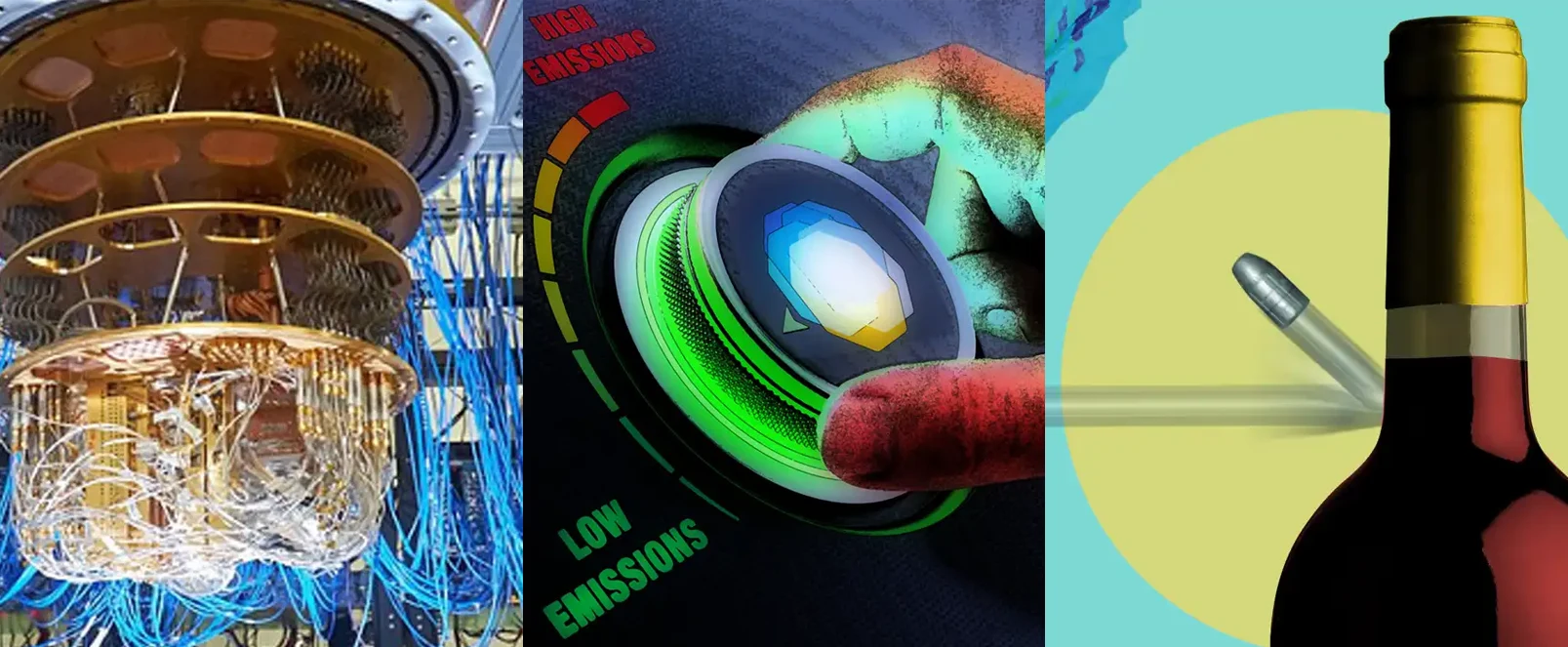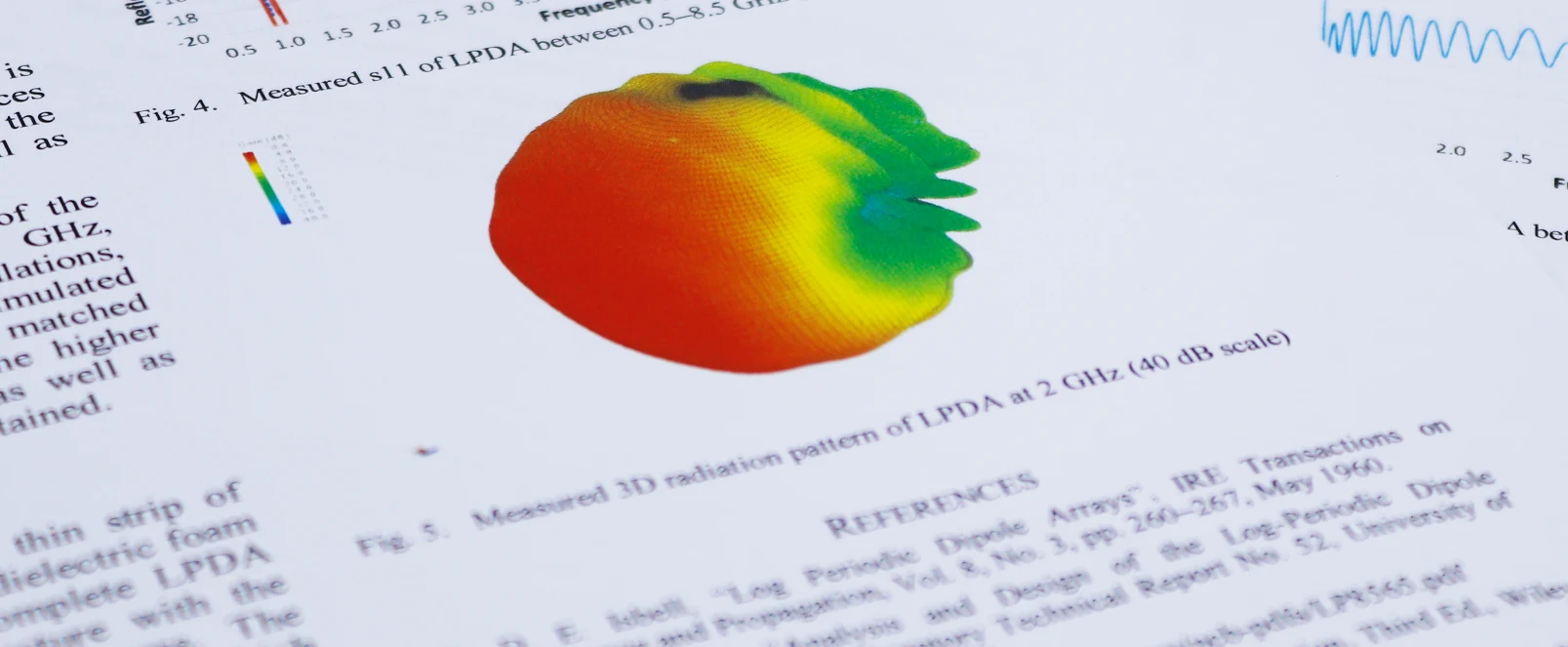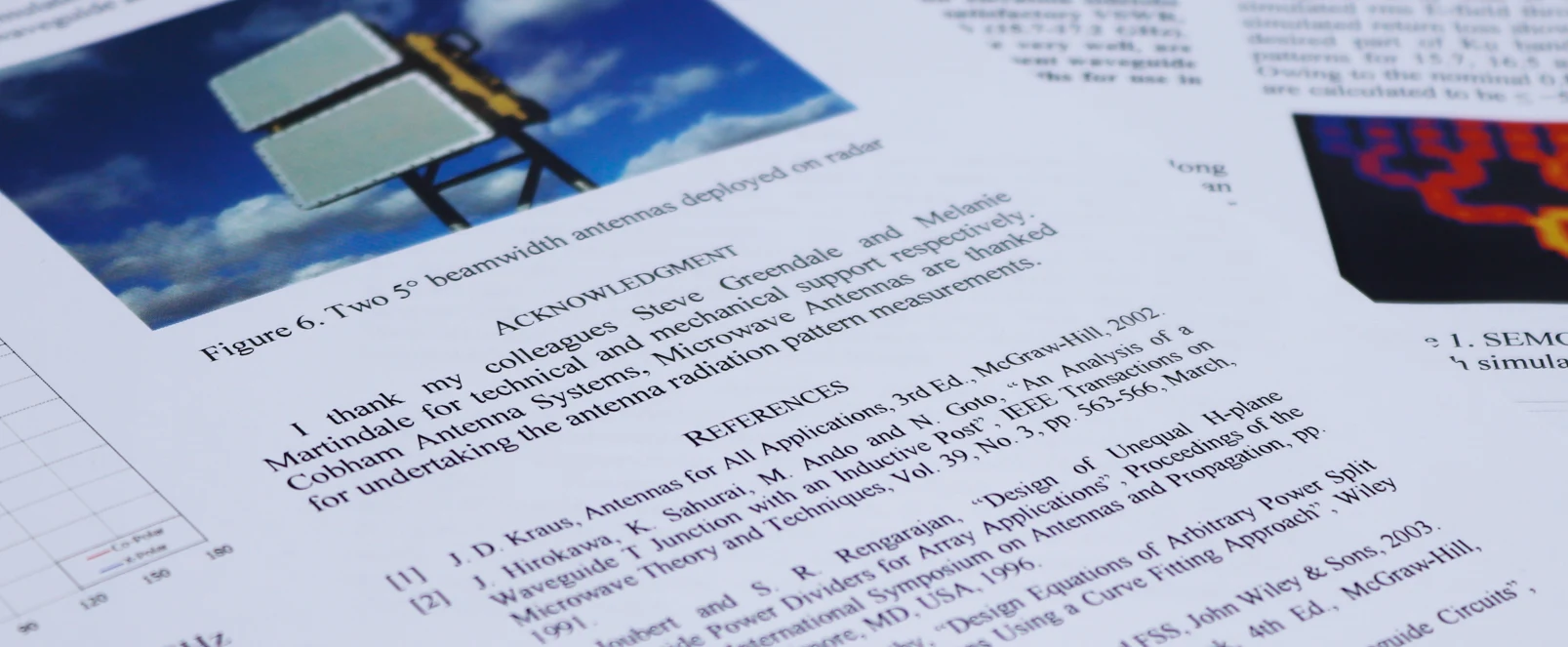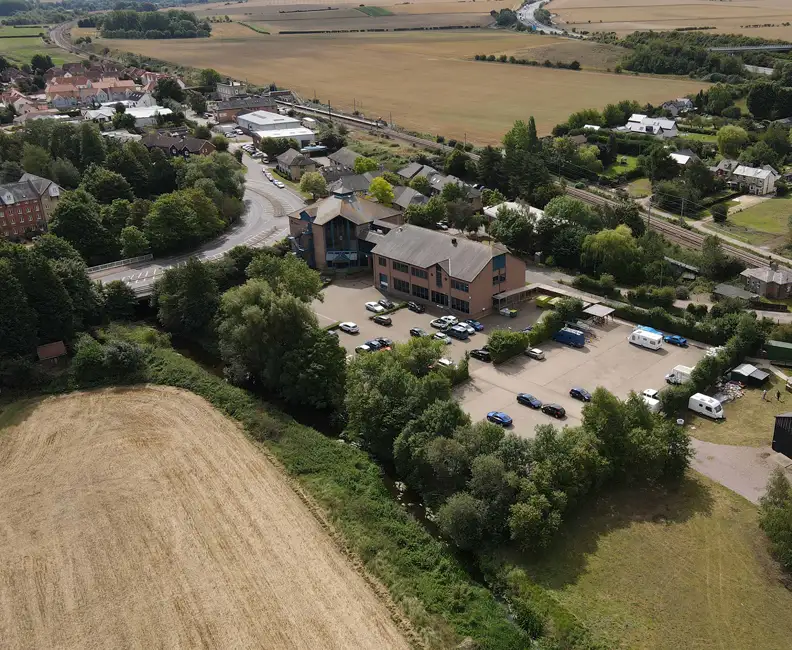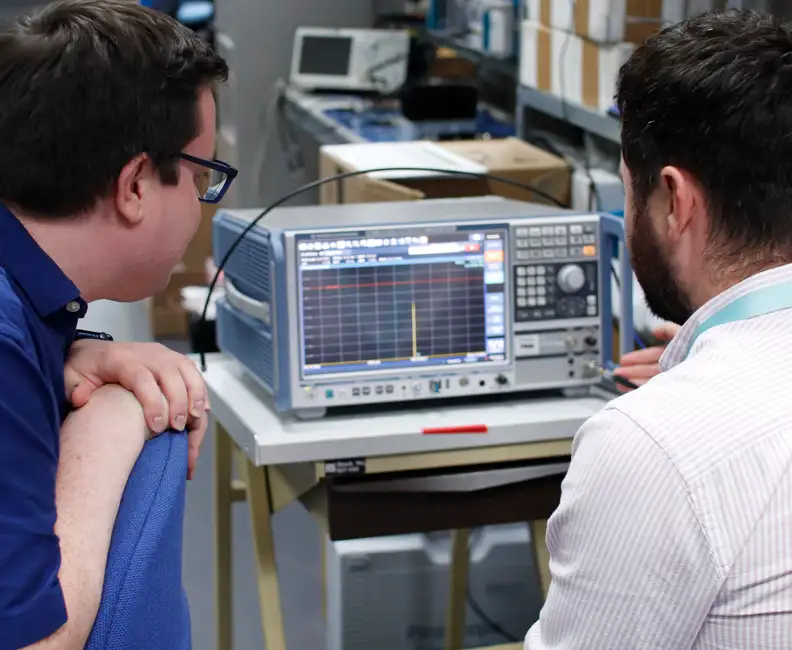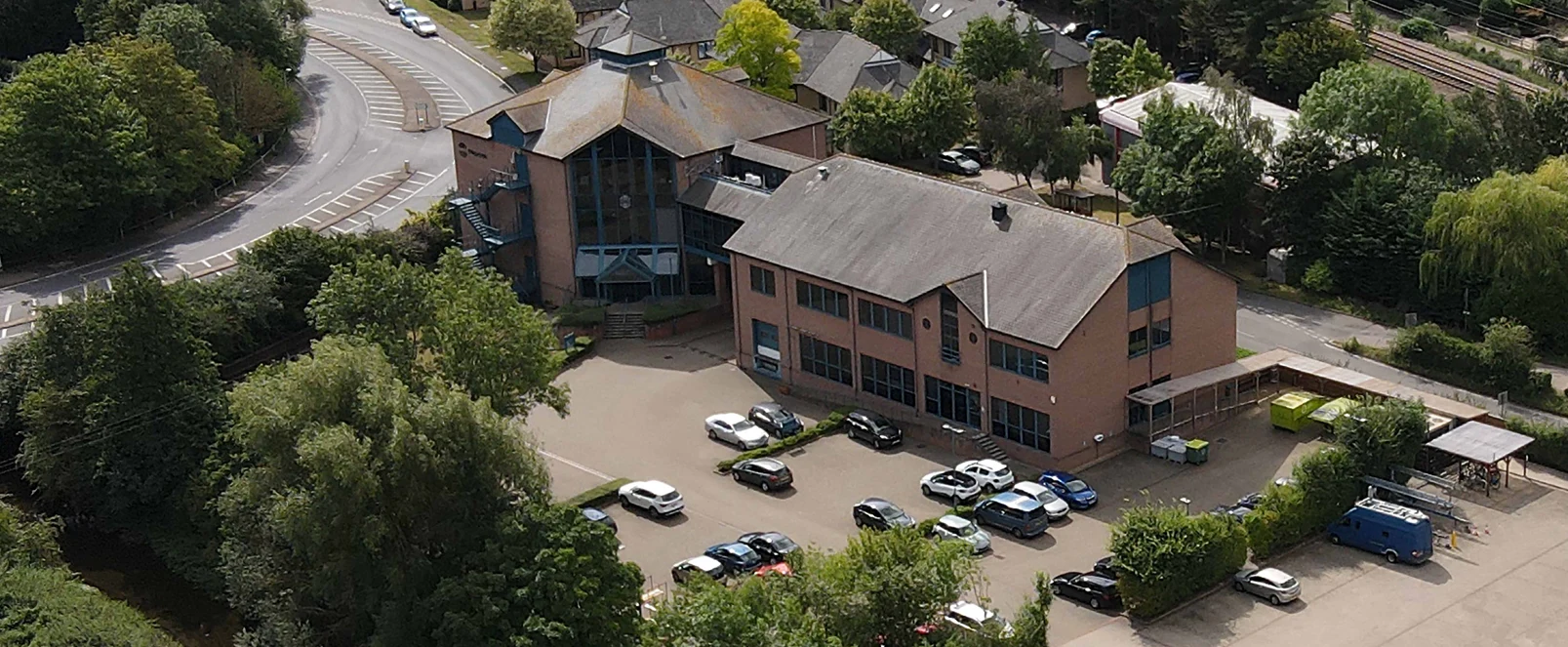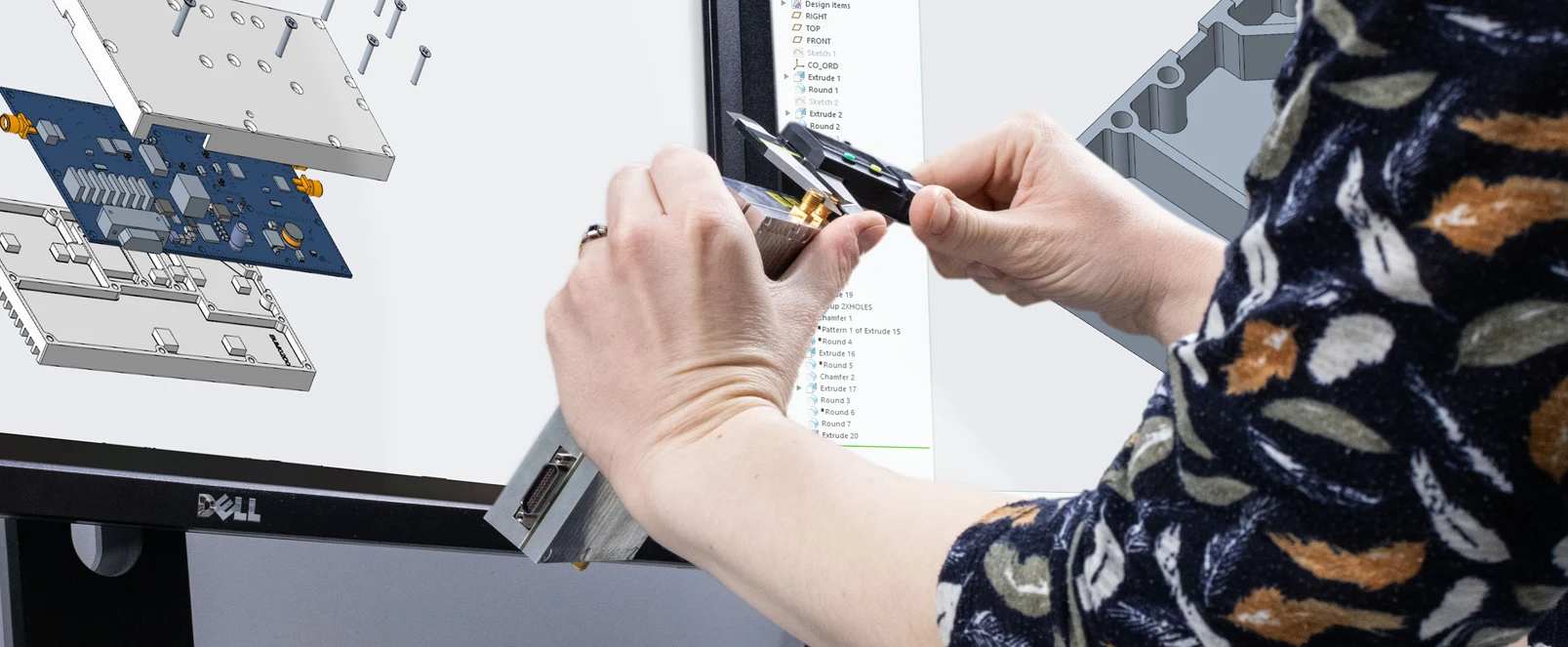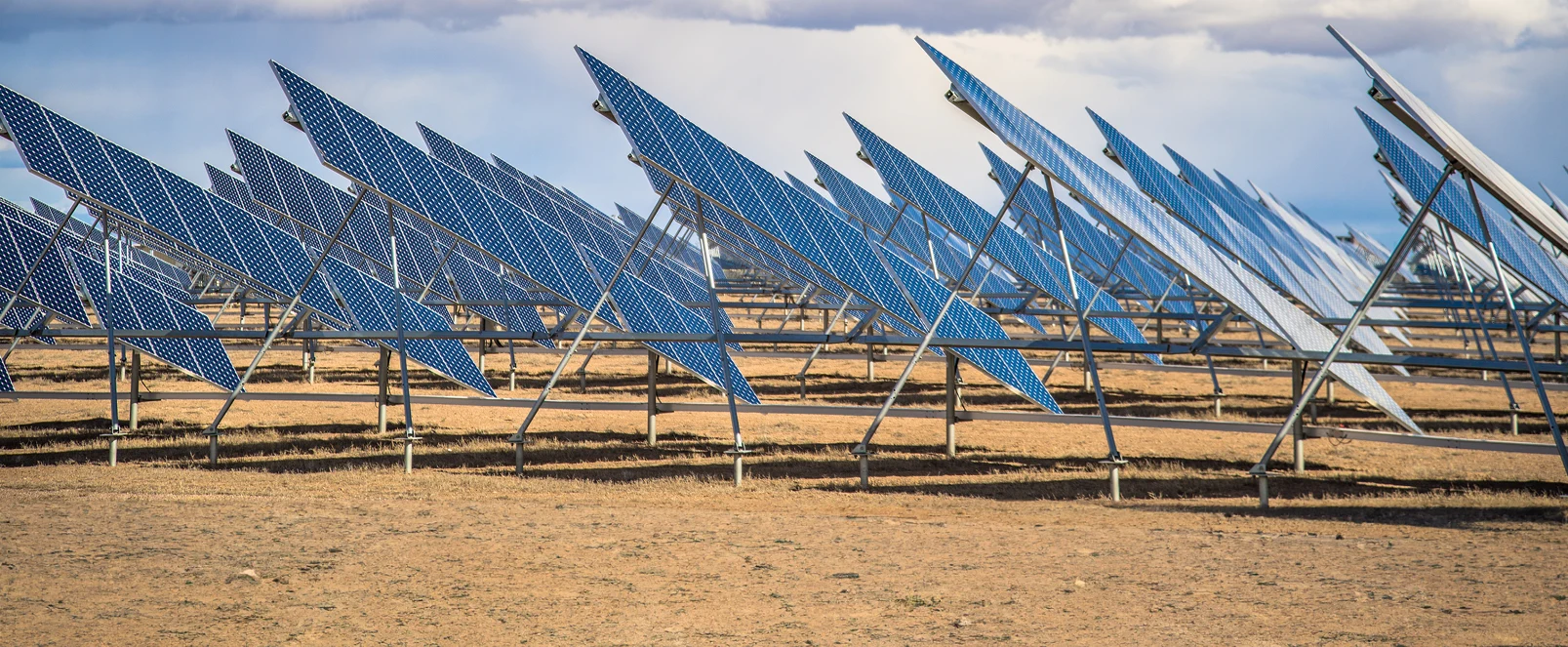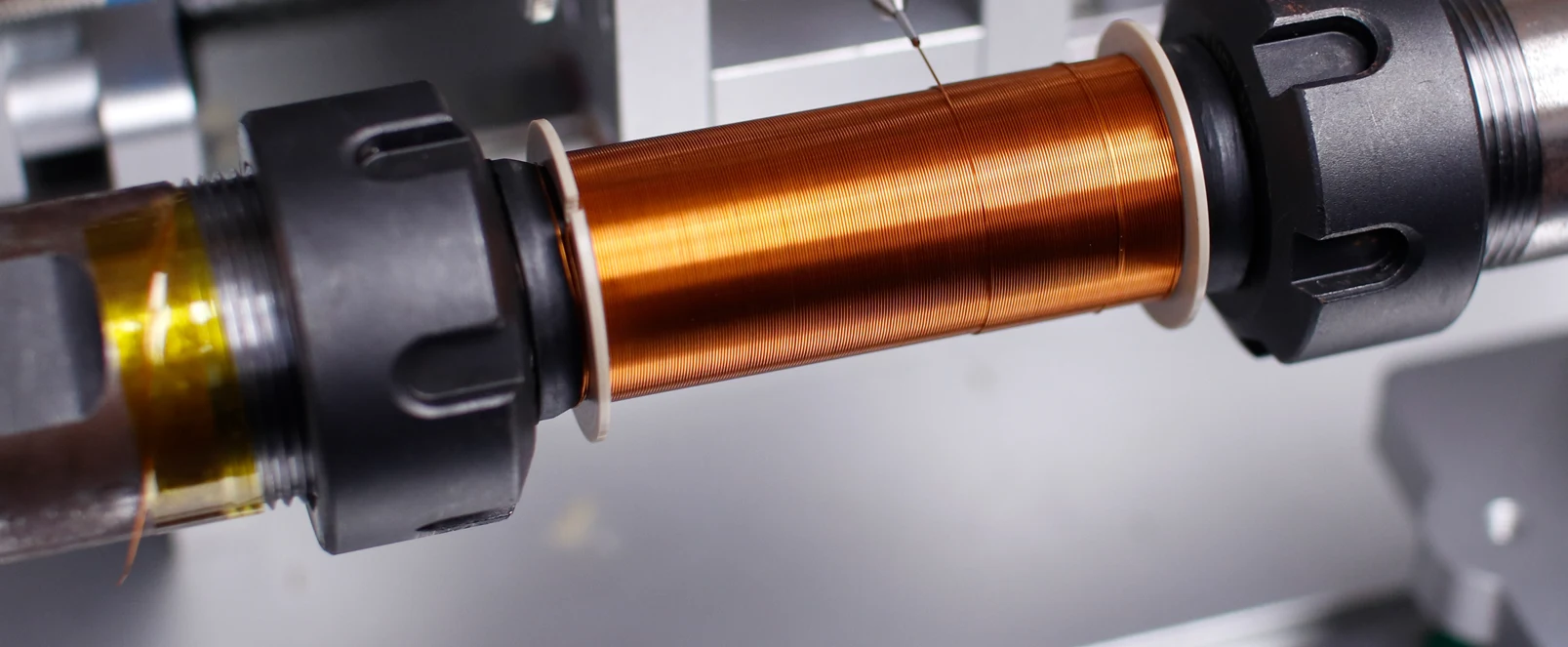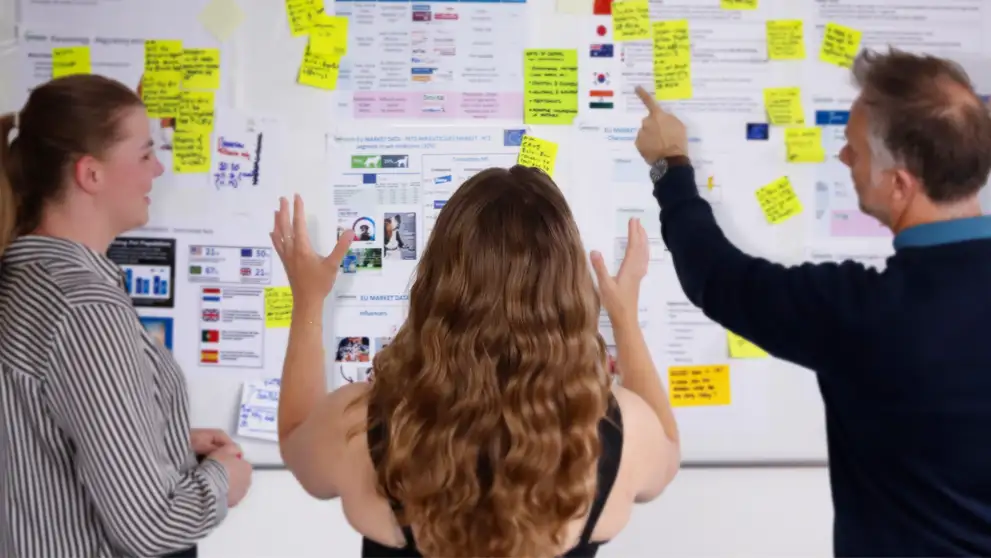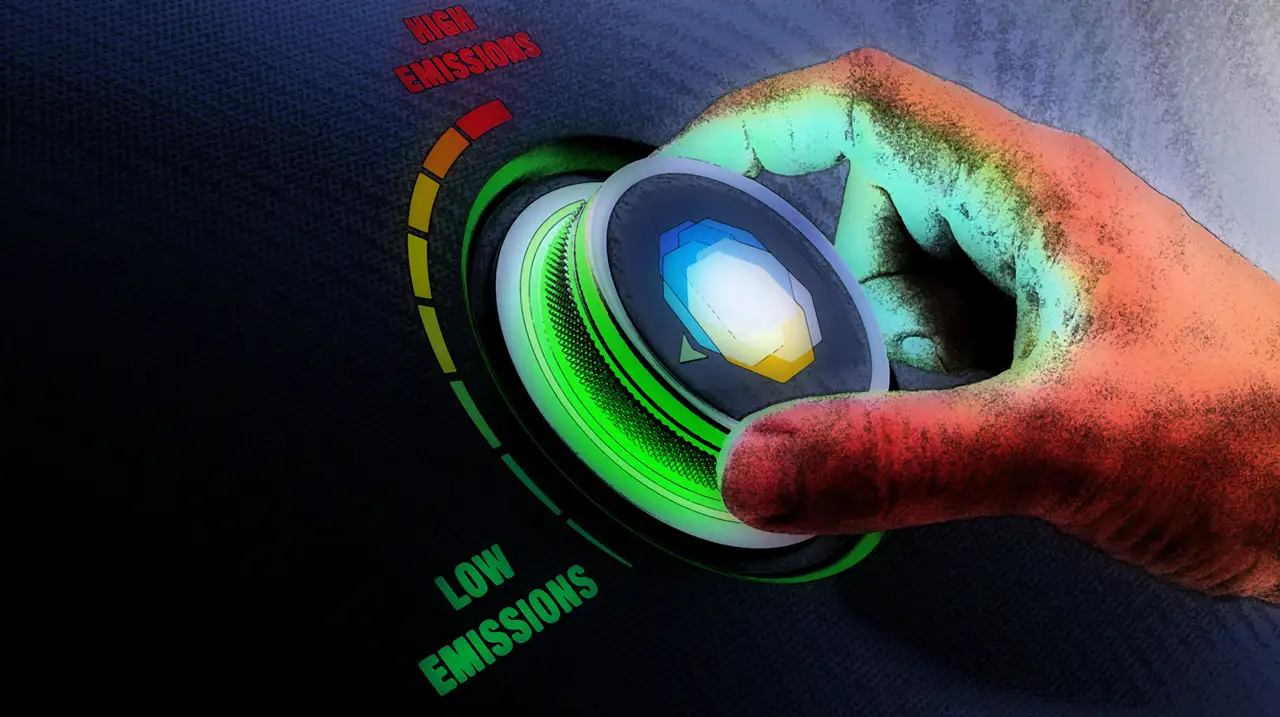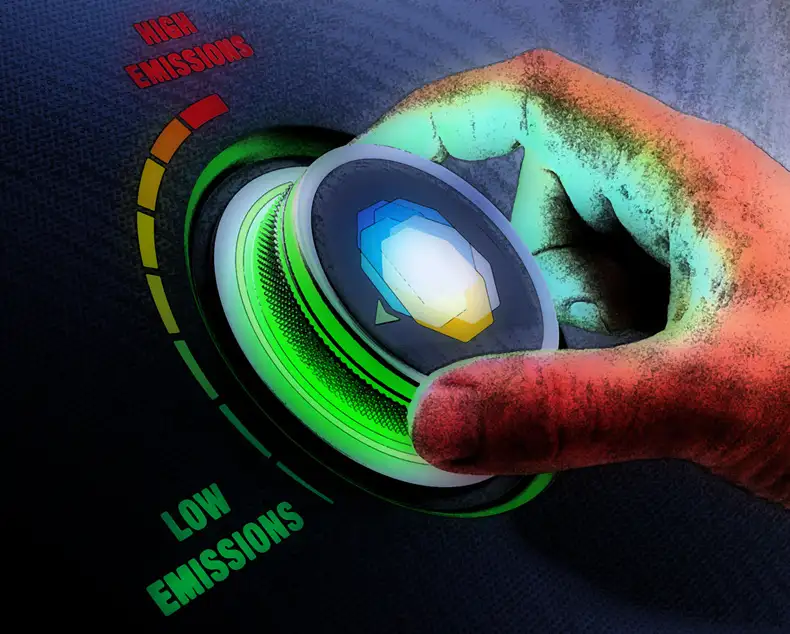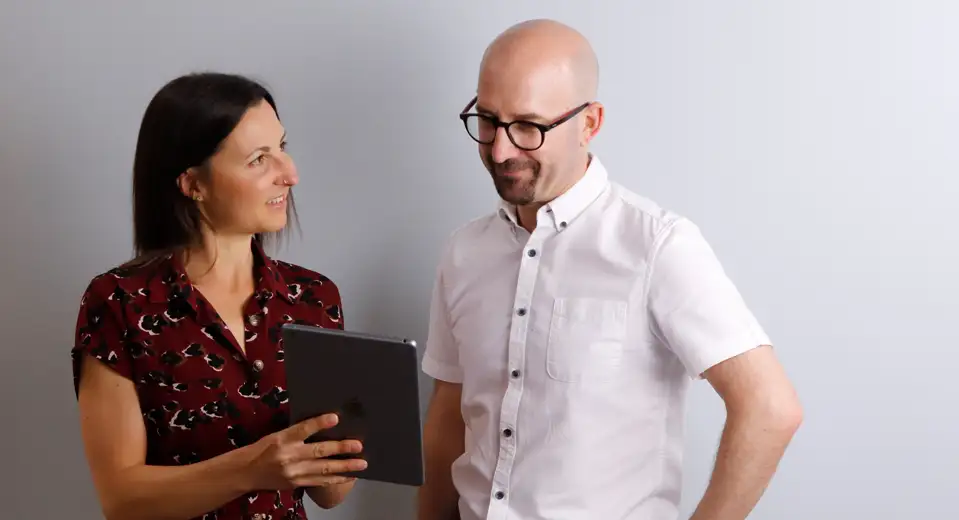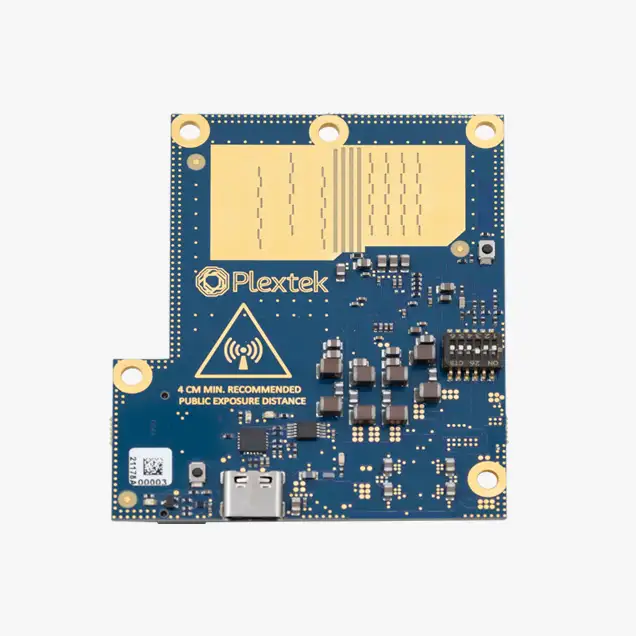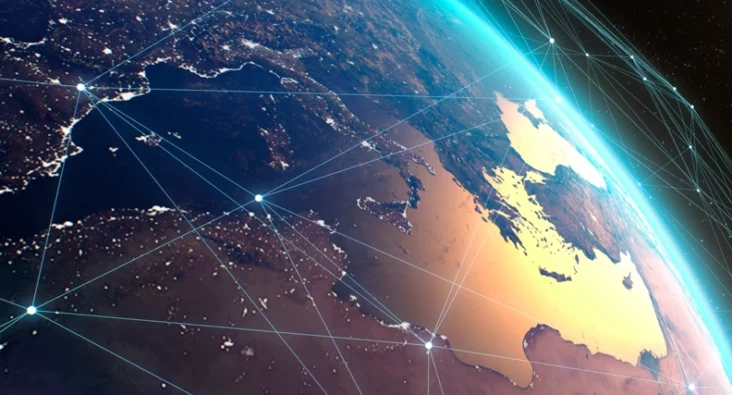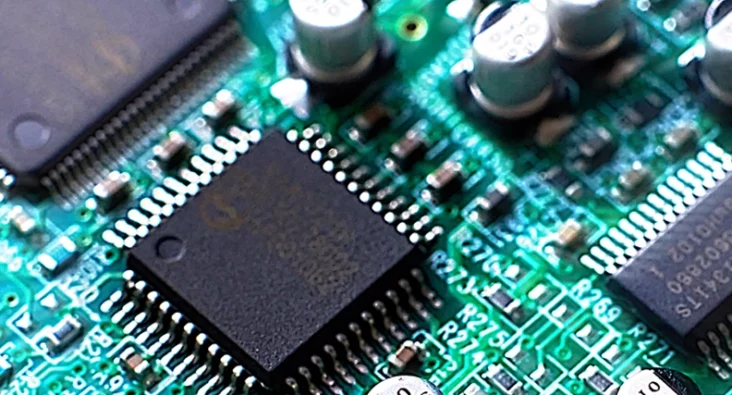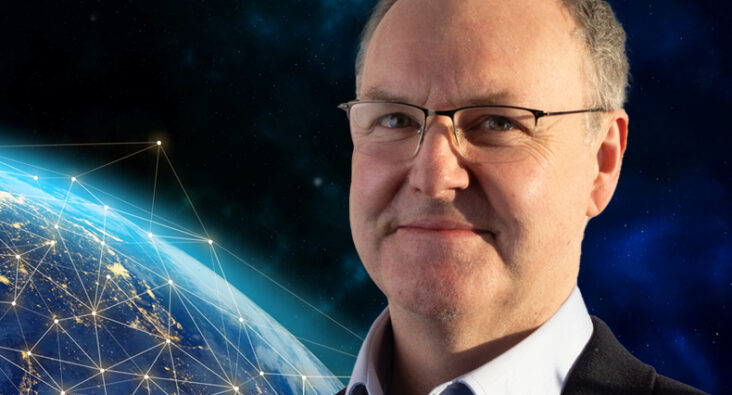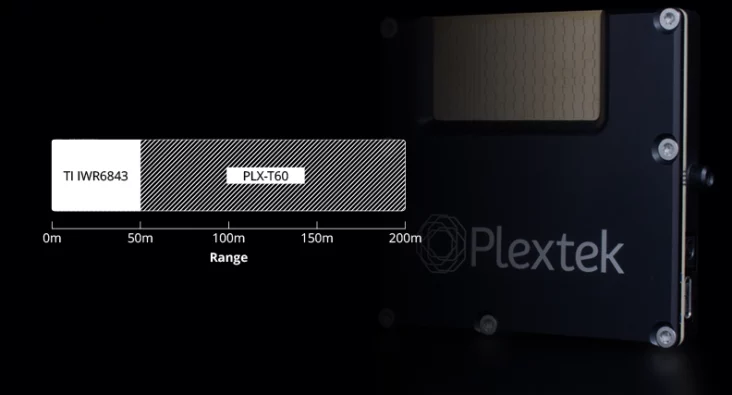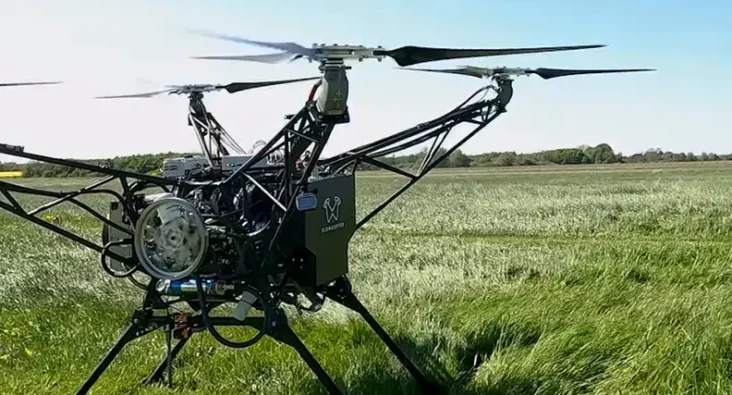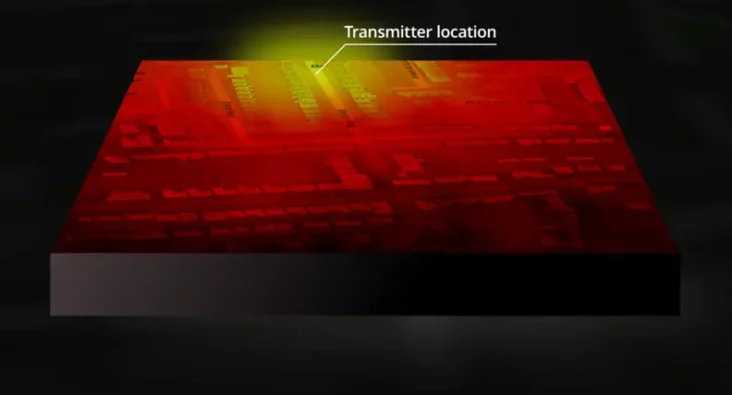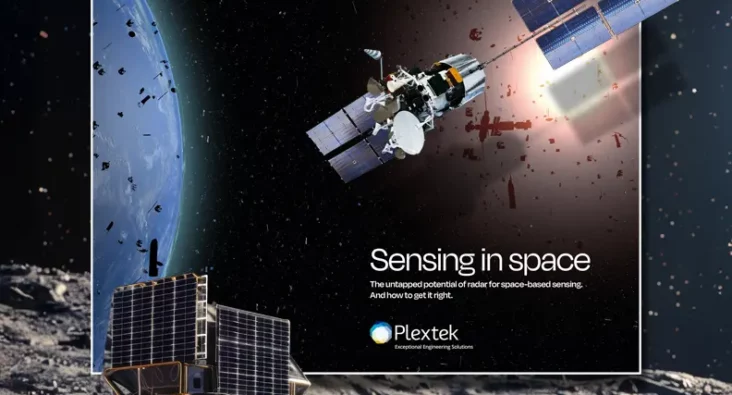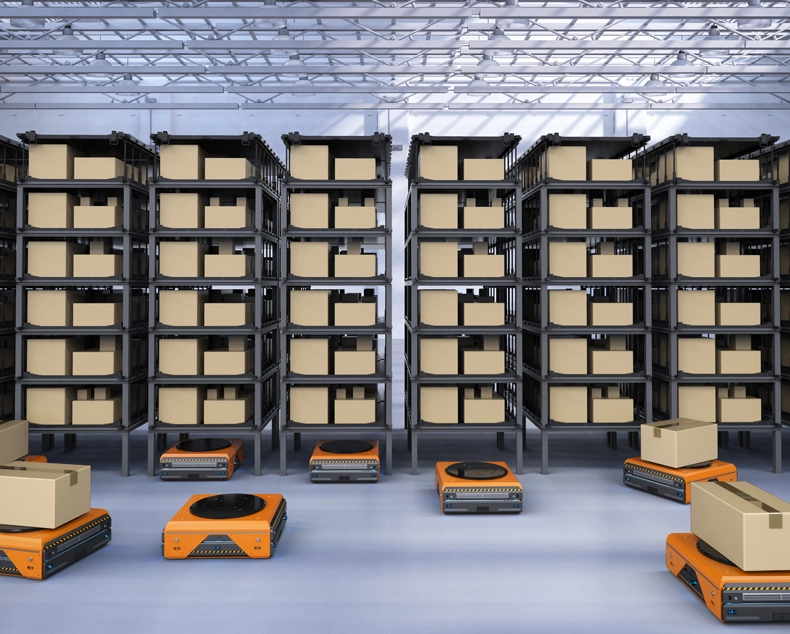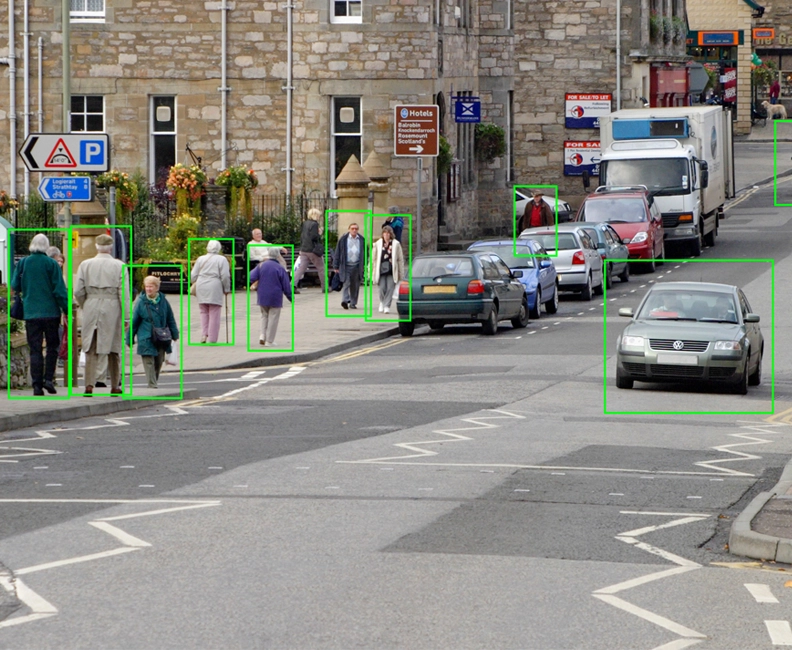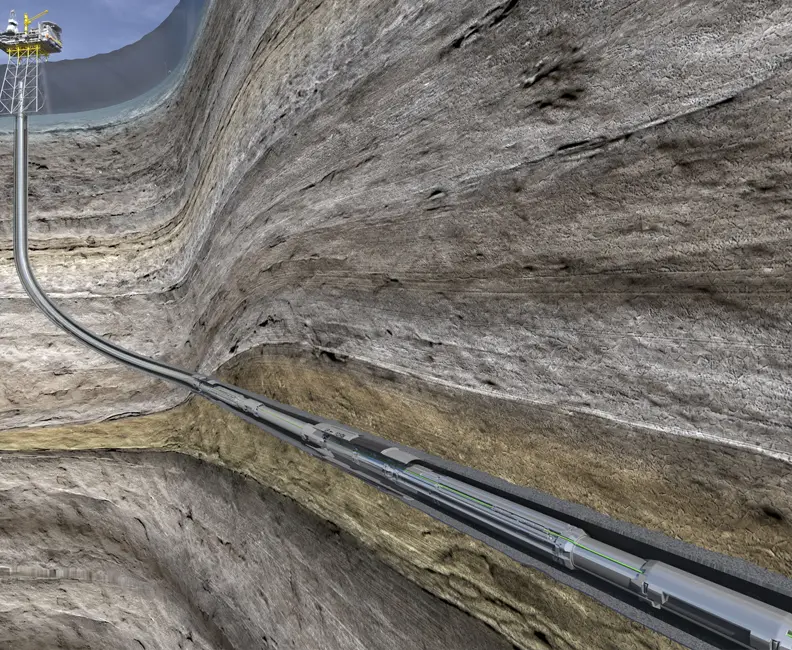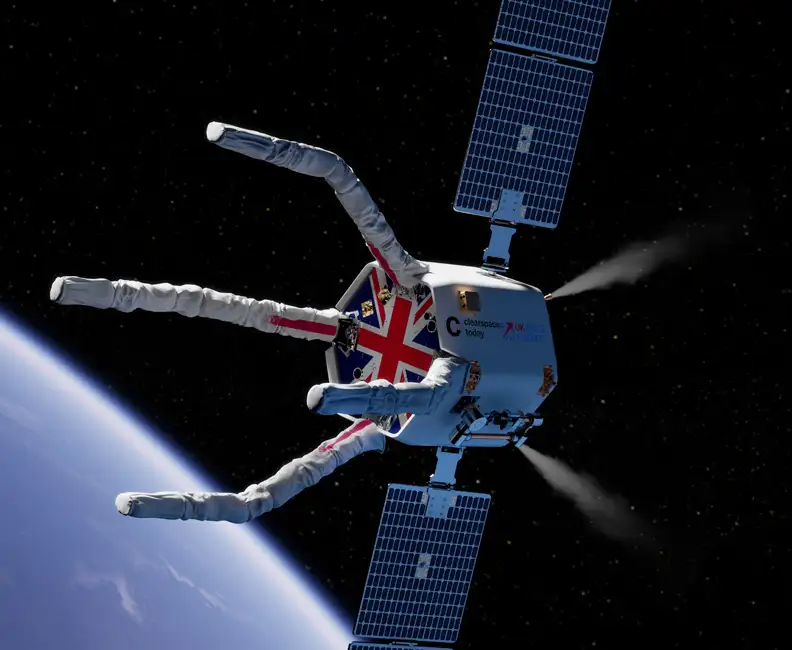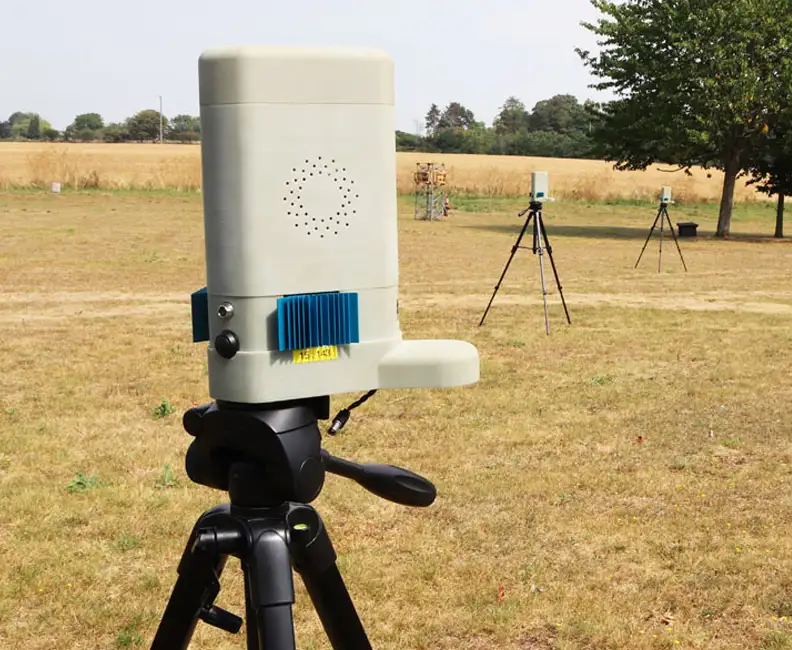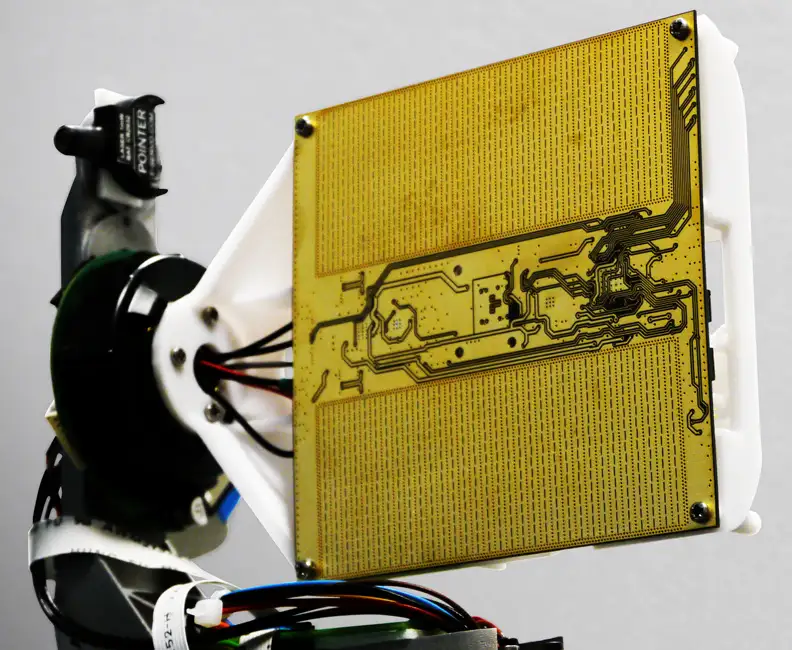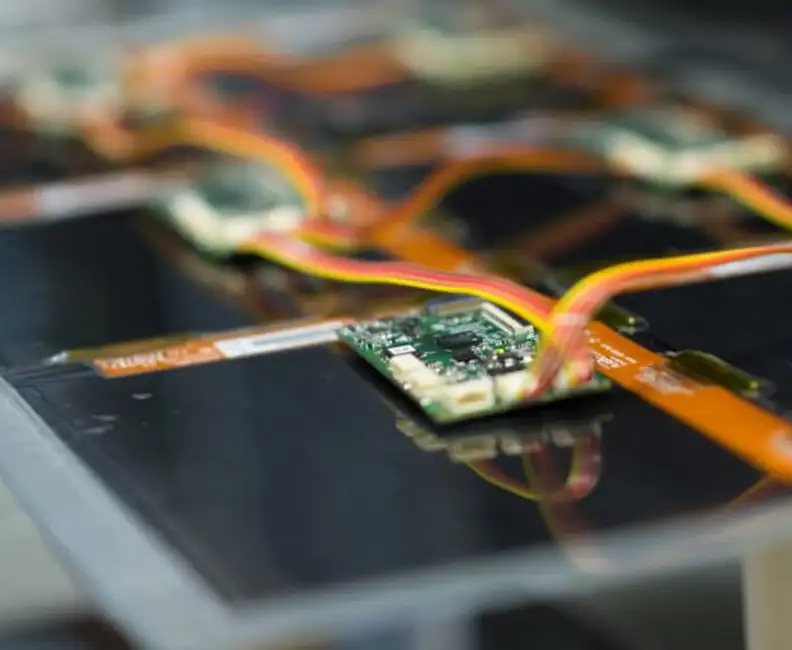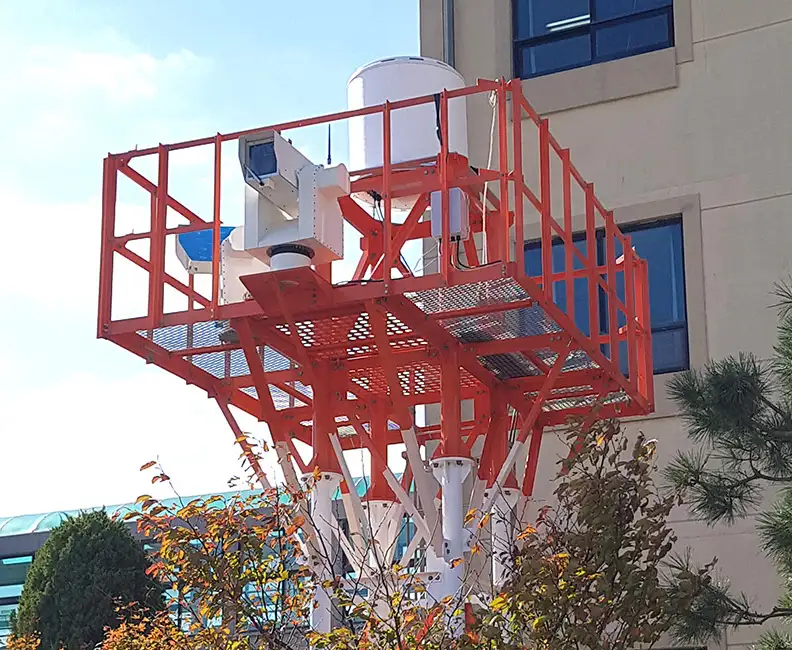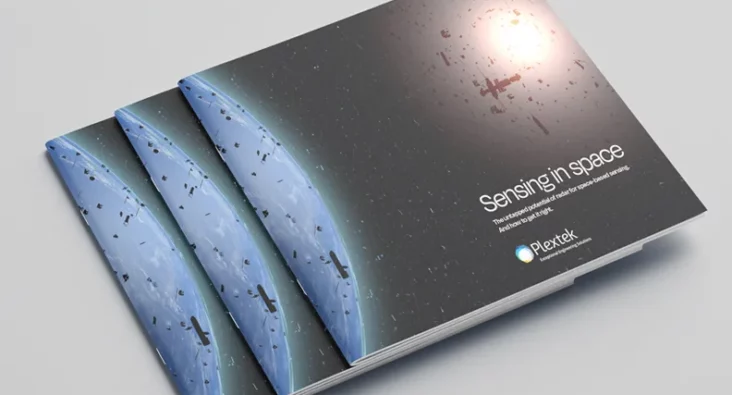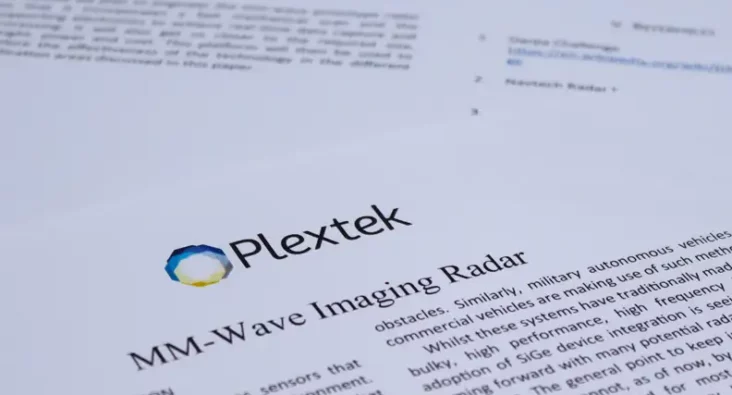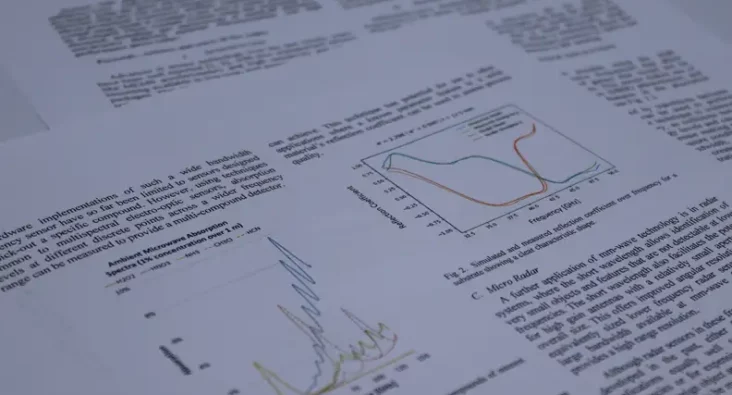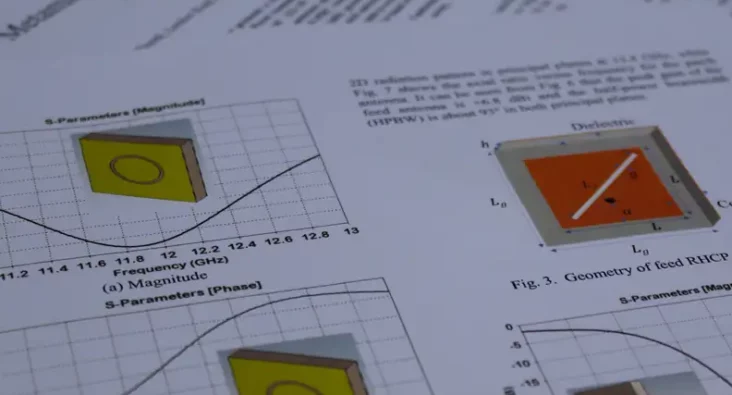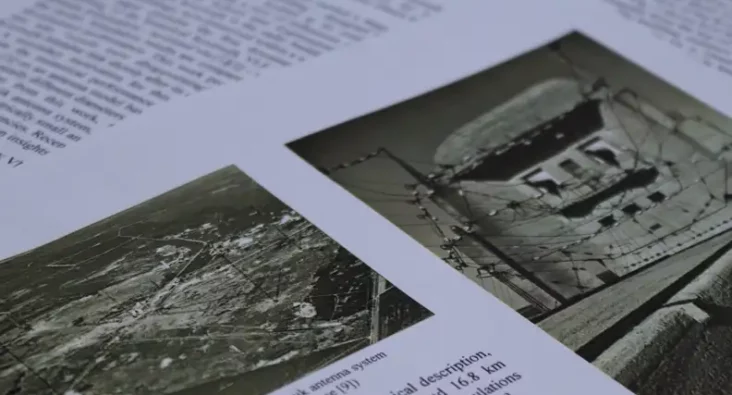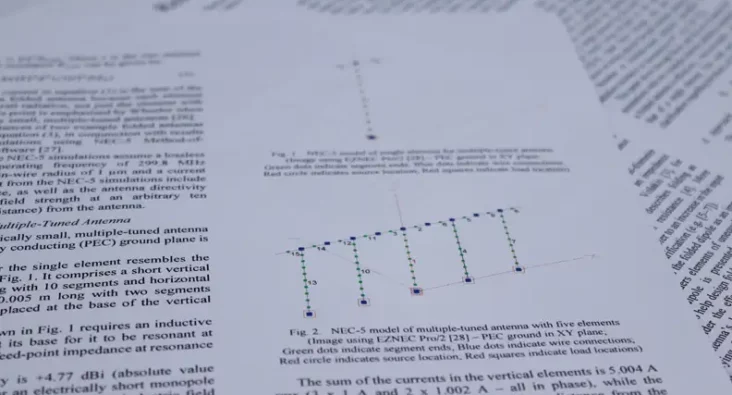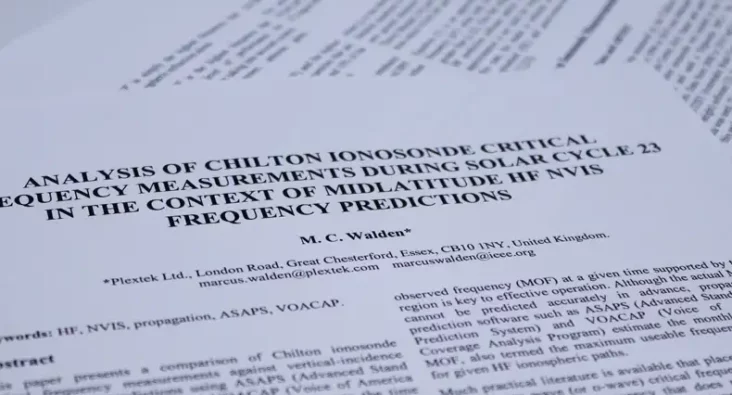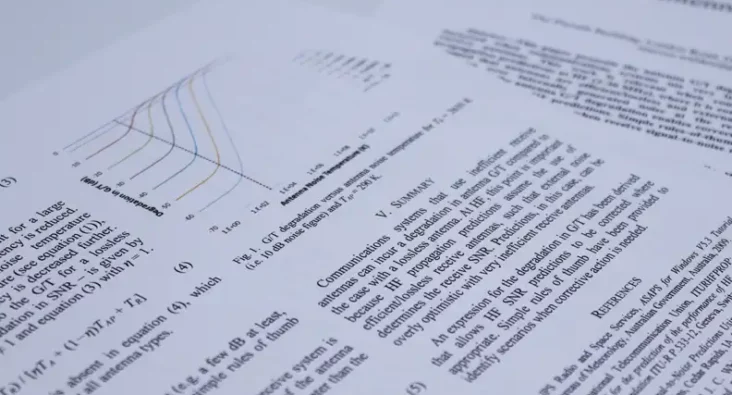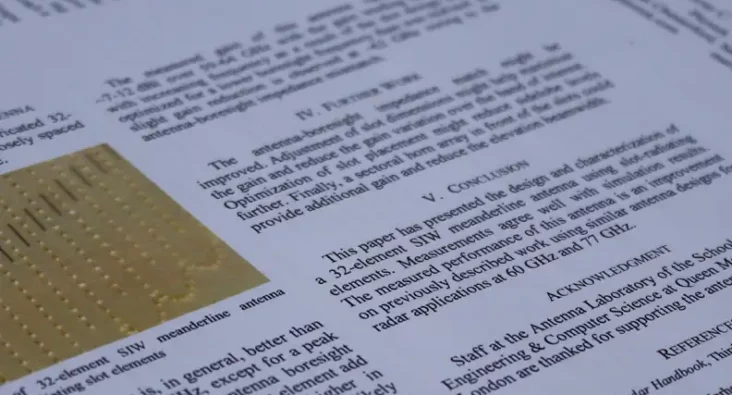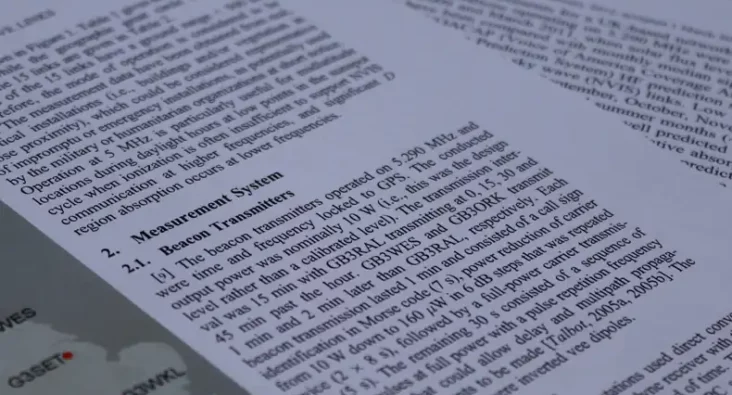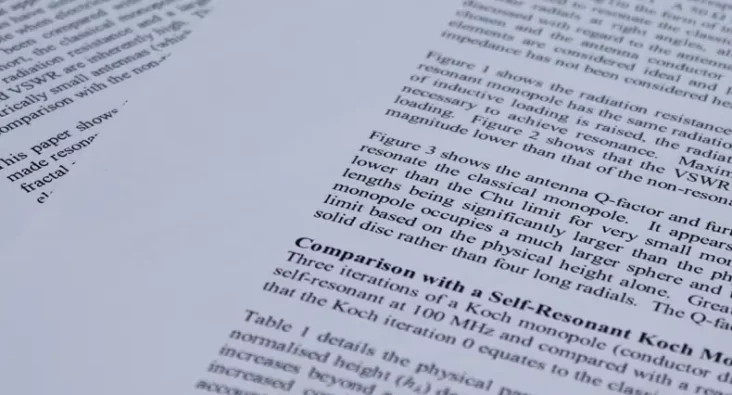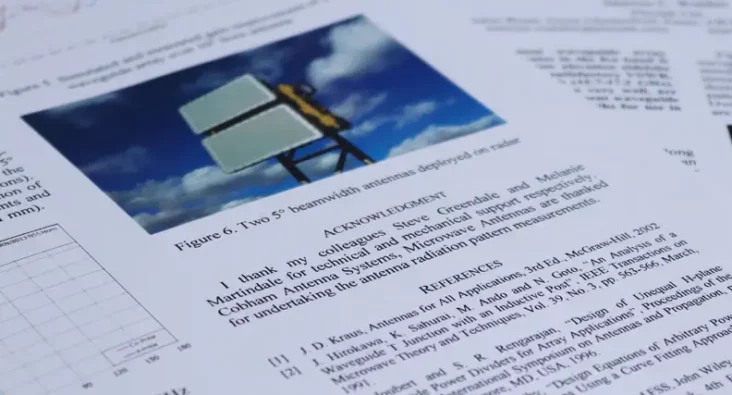
Written by Bede O’Neill
Business Development Consultant
Running engineering projects sustainably
In this blog, I aim to show how we run projects in a sustainable way. This covers all ESG angles, from tackling economic inequality, equal opportunities, to fighting climate change.
As we are all becoming aware, the Social Value commitment within recent and future Government procurement actions has stimulated much debate and reflection on the impact organisations have on society. As an SME, we have always strived to create a positive impact at a local level and I’m pleased to say that we have long embraced and embedded aspects of Social Value within our work practises. Although a component of public procurement over the past decade, the implementation of measurable Social Value contributions such as job creation, environmental impact and more to Defence and Security public contracts has forced not only a reassessment of our approach, but an honest conversation as to whether we are playing our part enough.
In truth, as a business, Plextek were already on this Environmental Social Governance (ESG) journey. We have a long history of supporting local charities through variety of financial initiatives and had set up a number of internal working groups for ESG focus areas. Our green group focuses on reducing waste and improving sustainable practises and the diversity and inclusion group is responsible for informing and shaping our employee experience. We undertake an annual external carbon footprint audit to evaluate our performance. In the aftermath of the Covid19 pandemic, we heightened mental health awareness and committed to encouraging a supportive and inclusive culture amongst our employees. But it was the close inspection of the wider Social Value Model that warranted a reappraisal of how we actually approached the delivery of our business.
A successful approach to ESG in projects
We recently secured a contract with DE&S. A key component of our successful approach was the assembly of a supporting team of specialist companies so that collectively we could deliver a compelling and comprehensive technical solution. A key tenet of our stated approach to MoD was to minimise our impact on climate change when undertaking an activity relating to the delivery of this contract. Historically, our standard approach would have been for interactions with both the wider project team members and DE&S to be face to face, taking place at various premises around the UK. This would involve multiple car journeys, hotel stay overs and the general logistics (onsite/ offsite catering, admin etc) associated with these activities.
Our approach was to look at how we were to deliver the contract in a more sustainable way. Low hanging fruit such as the switch from face to face meetings to remote video conference were quickly established as default working practice. Existing initiatives such as focusing on minimising office waste through better recycling, promotion of E-Car use (through the provision of onsite charging) and our cycle to work scheme were given extra focus, as well as new initiatives to promote of environmental awareness throughout the project supply chain. Data sharing was conducted over secure networking sites with documentation content contribution from multiple parties, reviewed and agreed before release. These virtual “collaboration rooms” improved the efficiency of the project and minimised printed document waste.
Key to our success was the empowerment and accountability of the project members. The project manager was responsible for achieving the objectives with project engineers having sustainability targets. Performance Indicator Targets (PIT) were agreed with the DE&S team with reporting metrics reviewed at monthly progress meetings.
As a result, the securing of this contract has positively influenced our strategic aim of improving our environmental practices both internally and externally to help contribute and to build technologies for a smart future.
Technology Platforms
Plextek's 'white-label' technology platforms allow you to accelerate product development, streamline efficiencies, and access our extensive R&D expertise to suit your project needs.
- 01 Configurable mmWave Radar ModuleConfigurable mmWave Radar Module
Plextek’s PLX-T60 platform enables rapid development and deployment of custom mmWave radar solutions at scale and pace
- 02 Configurable IoT FrameworkConfigurable IoT Framework
Plextek’s IoT framework enables rapid development and deployment of custom IoT solutions, particularly those requiring extended operation on battery power
- 03 Ubiquitous RadarUbiquitous Radar
Plextek's Ubiquitous Radar will detect returns from many directions simultaneously and accurately, differentiating between drones and birds, and even determining the size and type of drone
Downloads
View All Downloads- Intro to Plextek
- Plextek – Your complete end-to-end solution
- PLX-T60 Configurable mmWave Radar Module
- PLX-U16 Ubiquitous Radar
- Configurable IOT Framework
- MISPEC
- Cost Effective mmWave Radar Devices
- Connected Autonomous Mobility
- Antenna Design Services
- Drone Sensor Solutions for UAV & Counter-UAV Awareness
- mmWave Sense & Avoid Radar for UAVs
- Exceptional technology for marine operations
